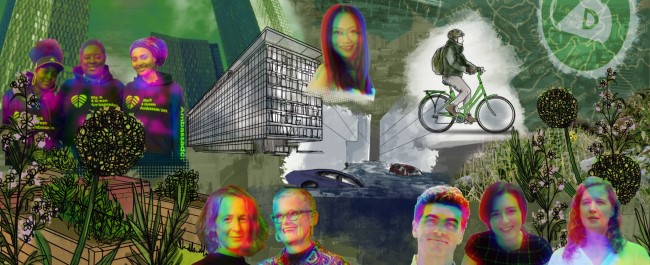City futures
We are helping cities to better understand the complex challenges they face, and support their transition to becoming sustainable, resilient and inclusive places with a high quality of life for all.
Contact the city futures research lead
Dr Bai Li (Policy Studies)
Dr Ges Rosenberg (Mechanical Engineering)
Bristol Voluntary Local Review report - a voluntary local review of progress towards the SDGs 2019
Bristol Voluntary Local Review 2019 (PDF, 4,508kB) or Bristol Voluntary Local Review 2019 (PDF, 4,508kB)
A report reflecting a whole city approach to tackling the SDGs, including information on the activities of 90 Bristol based organisations working to make the city more economically, environmentally and socially sustainable.
We are a member of the Bristol SDG Alliance
The Bristol SDG Alliance brings together a range of organisations and individuals to raise awareness of the UN's Sustainable Development Goals. The Alliance are using the goals as a framework for Bristol's future sustainable and resilient development and enabling Bristol to monitor its own progress.
-
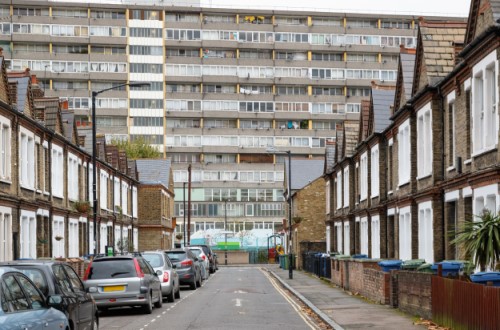 Framing the intersections among housing, thermal comfort and health equity under climate change: A systematic review
Global warming and extreme weather events are expected to widen existing social and environmental inequalities with a direct link between poor housing conditions and health. However, studies examining this have been limited in scope.
Framing the intersections among housing, thermal comfort and health equity under climate change: A systematic review
Global warming and extreme weather events are expected to widen existing social and environmental inequalities with a direct link between poor housing conditions and health. However, studies examining this have been limited in scope. -
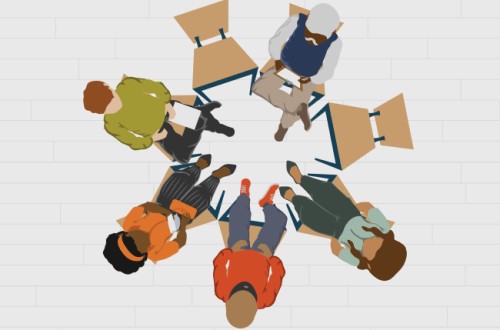 A democratic listening circle for just transition in Bristol
Collaborating with the originators of Bristol’s Just Transition Declaration to pilot a novel approach to city-based agenda-setting discussions, putting marginalised and disadvantaged communities in the centre of decision-making.
A democratic listening circle for just transition in Bristol
Collaborating with the originators of Bristol’s Just Transition Declaration to pilot a novel approach to city-based agenda-setting discussions, putting marginalised and disadvantaged communities in the centre of decision-making. -
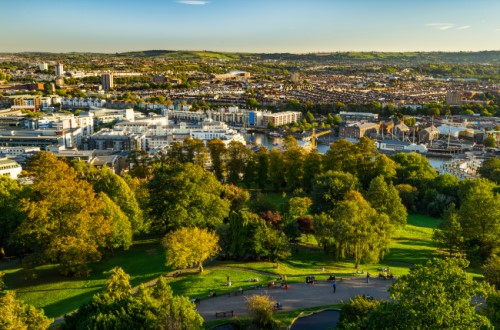 Understanding urban neighbourhood microclimates in an era of global climate change
Taking an interdisciplinary approach to understand the interactions between urban ecosystems, built environments and neighbourhood-level microclimates to create the urban interventions required for an effective global climate change response.
Understanding urban neighbourhood microclimates in an era of global climate change
Taking an interdisciplinary approach to understand the interactions between urban ecosystems, built environments and neighbourhood-level microclimates to create the urban interventions required for an effective global climate change response. -
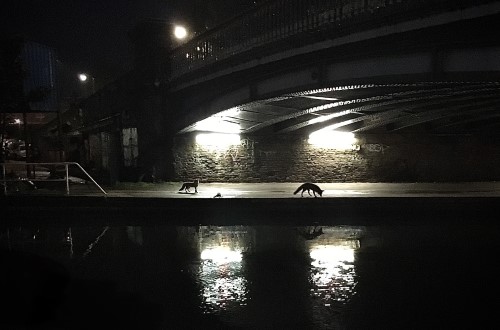 Beyond the light: investigating nocturnal animal senses
Humans aren’t built for darkness, so we still know very little about the senses of creatures that inhabit dark spaces.
Beyond the light: investigating nocturnal animal senses
Humans aren’t built for darkness, so we still know very little about the senses of creatures that inhabit dark spaces. -
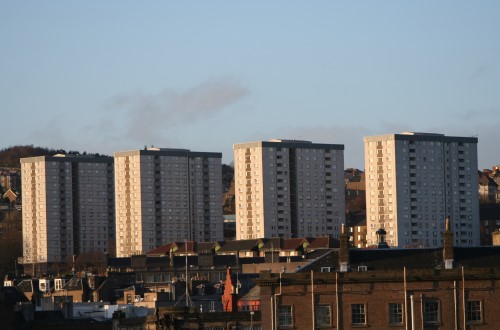 Helping make climate action more inclusive
How do you facilitate a just transition if city-level environmental policymaking is inherently unjust?
Helping make climate action more inclusive
How do you facilitate a just transition if city-level environmental policymaking is inherently unjust? -
 Working with city-level policy makers to reduce malnutrition in Asia
How can we tackle malnutrition - the leading cause of disease and mortality globally and in Southeast Asia?
Working with city-level policy makers to reduce malnutrition in Asia
How can we tackle malnutrition - the leading cause of disease and mortality globally and in Southeast Asia? -
 Mitigating everyday risks in Perú
We are improving the understanding and mitigation of frequently occurring natural hazards which cause a significant impact on livelihoods and wellbeing.
Mitigating everyday risks in Perú
We are improving the understanding and mitigation of frequently occurring natural hazards which cause a significant impact on livelihoods and wellbeing. -
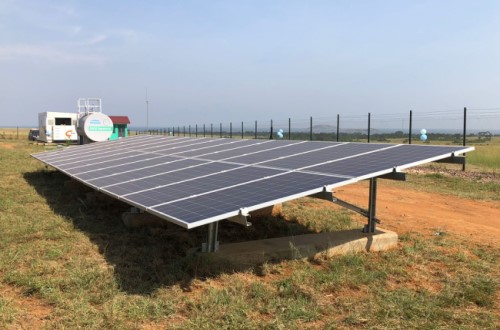 Decentralised urban energy access
Understanding the decentralised energy paradigm in urban Africa, through case studies in Uganda and The Gambia.
Decentralised urban energy access
Understanding the decentralised energy paradigm in urban Africa, through case studies in Uganda and The Gambia. -
 Unravelling the complexity of vulnerability, risk and resilience in flood hazard systems
We are becoming more vulnerable to natural hazards. Since 1950, the ongoing trend shows increasing losses from global catastrophes, but why is this?
Unravelling the complexity of vulnerability, risk and resilience in flood hazard systems
We are becoming more vulnerable to natural hazards. Since 1950, the ongoing trend shows increasing losses from global catastrophes, but why is this? -
 Sub-state climate change actors in Bristol: Hope for a just and inclusive transition?
Ensuring a just transition to a carbon neutral and climate resilient city in Bristol.
Sub-state climate change actors in Bristol: Hope for a just and inclusive transition?
Ensuring a just transition to a carbon neutral and climate resilient city in Bristol. -
 Getting water, sanitation and energy to marginalised communities
As urban populations continue to expand worldwide, enabling universal access to vital services becomes an ever-more pressing challenge.
Getting water, sanitation and energy to marginalised communities
As urban populations continue to expand worldwide, enabling universal access to vital services becomes an ever-more pressing challenge. -
 Achieving a net zero transport system for Bristol
Bristol won’t reach its 2030 carbon neutral target without a major shift towards active and public transport.
Achieving a net zero transport system for Bristol
Bristol won’t reach its 2030 carbon neutral target without a major shift towards active and public transport. -
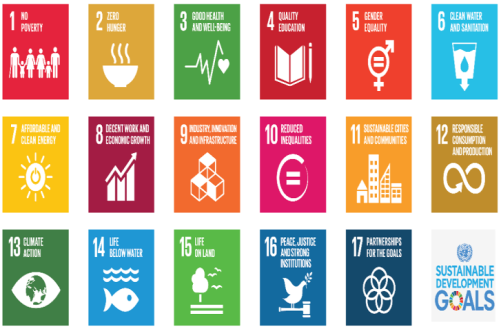 Bristol and the Sustainable Development Goals
In 2015, 17 Sustainable Development Goals (SDGs) were ratified by the UN’s member nations. But who’s going to take responsibility for making sure we achieve them?
Bristol and the Sustainable Development Goals
In 2015, 17 Sustainable Development Goals (SDGs) were ratified by the UN’s member nations. But who’s going to take responsibility for making sure we achieve them? -
 Riding sunbeams
Riding Sunbeams seeks to connect solar PV directly into the UK’s electrified rail network to power trains. Direct supply of solar power traction to railway systems has never been done before, neither in the UK nor anywhere else in the world. Its potential to decarbonize railways is huge.
Riding sunbeams
Riding Sunbeams seeks to connect solar PV directly into the UK’s electrified rail network to power trains. Direct supply of solar power traction to railway systems has never been done before, neither in the UK nor anywhere else in the world. Its potential to decarbonize railways is huge. -
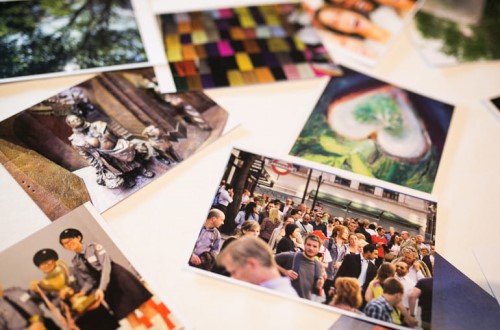 Learning in the city
How do city dwellers already learn with each other and, with the resources of the city, how do they adapt to change and initiate new ways of living?
Learning in the city
How do city dwellers already learn with each other and, with the resources of the city, how do they adapt to change and initiate new ways of living? -
 Traffic effects on the atmospheric electric field
How can we better understand how manmade pollutants are affecting the electrical environment and thus affecting nature and human health?
Traffic effects on the atmospheric electric field
How can we better understand how manmade pollutants are affecting the electrical environment and thus affecting nature and human health? -
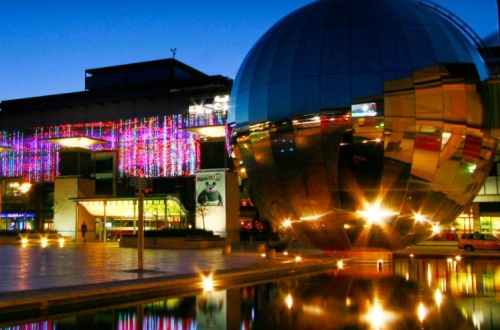 Partnering with Bristol City Council to help build a sustainable future
The City Leap programme will create a healthier and fairer city for all Bristol residents, helping to de-carbonise the city, create jobs and empower communities to take their future into their own hands.
Partnering with Bristol City Council to help build a sustainable future
The City Leap programme will create a healthier and fairer city for all Bristol residents, helping to de-carbonise the city, create jobs and empower communities to take their future into their own hands. -
 Making cities more pollinator-friendly
As we face an increasingly urban future, we need to protect and cultivate greater biodiversity in our cities for the sake of people and pollinators alike.
Making cities more pollinator-friendly
As we face an increasingly urban future, we need to protect and cultivate greater biodiversity in our cities for the sake of people and pollinators alike. -
 The Dark Planet: Explorations of the wild night
More than half of the world’s species are nocturnal by habit so how do we enhance our knowledge of these night time worlds and how they may be affected by climate change?
The Dark Planet: Explorations of the wild night
More than half of the world’s species are nocturnal by habit so how do we enhance our knowledge of these night time worlds and how they may be affected by climate change? -
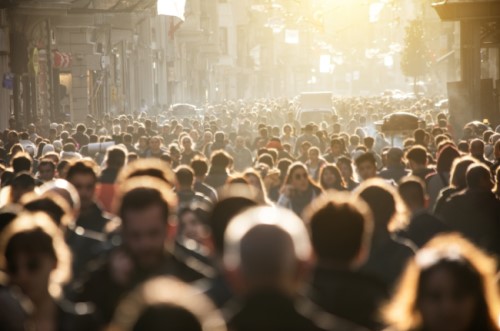 Are we evolving into cities?
Integrating demographic, geographic and evolutionary theories to explain global urbanisation.
Are we evolving into cities?
Integrating demographic, geographic and evolutionary theories to explain global urbanisation. -
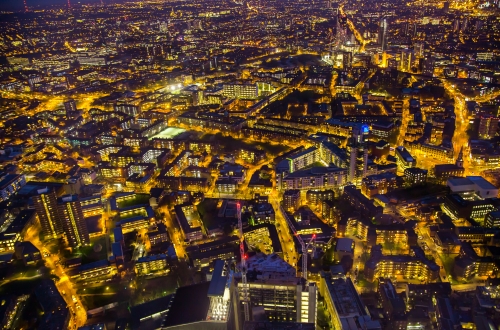 Working together to improve infrastructure
The shortcomings of our urban infrastructure may be costing the UK £2 million every day. We know we need better value, but a lack of understanding is holding us back.
Working together to improve infrastructure
The shortcomings of our urban infrastructure may be costing the UK £2 million every day. We know we need better value, but a lack of understanding is holding us back. -
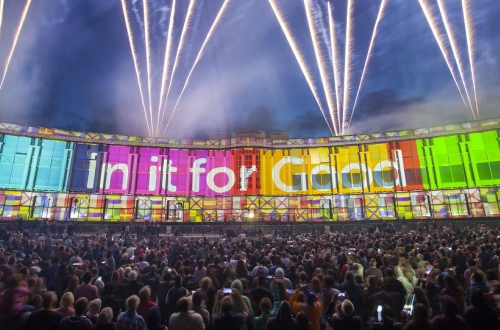 How Bristol 2015 helped us all see ‘green’ differently
Bristol became the UK’s first-ever European Green Capital in 2015. Making that relevant to everyone in such a big, diverse city meant finding innovative ways to engage and inspire as many different groups as possible.
How Bristol 2015 helped us all see ‘green’ differently
Bristol became the UK’s first-ever European Green Capital in 2015. Making that relevant to everyone in such a big, diverse city meant finding innovative ways to engage and inspire as many different groups as possible. -
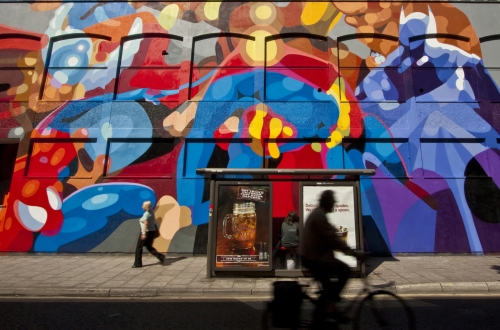 Tackling the toughest urban questions
By 2050, nearly three-quarters of the world will be living in cities. How can we make these densely populated places resilient, healthy, prosperous and sustainable?
Tackling the toughest urban questions
By 2050, nearly three-quarters of the world will be living in cities. How can we make these densely populated places resilient, healthy, prosperous and sustainable? -
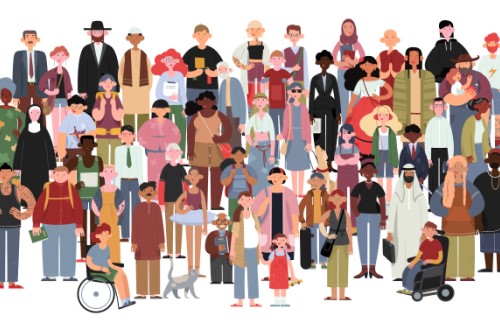 Everyday integration
What’s so complicated about integration? And what does it mean to be integrated? These questions become easier to answer if we simply start with the routine things people are doing in the local contexts of their everyday lives.
Everyday integration
What’s so complicated about integration? And what does it mean to be integrated? These questions become easier to answer if we simply start with the routine things people are doing in the local contexts of their everyday lives. -
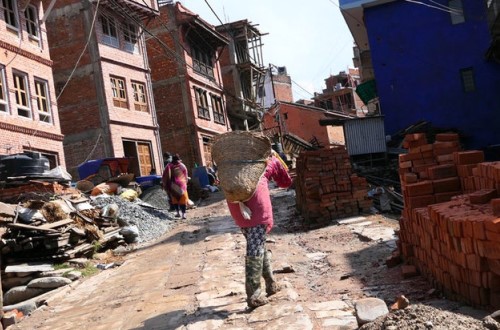 Reducing the vulnerability of tomorrow’s cities
Of the area expected to be urbanised by 2030, 60% is yet to be built. That gives us a golden opportunity to design hazard-resilient cities for our future – if we act now.
Reducing the vulnerability of tomorrow’s cities
Of the area expected to be urbanised by 2030, 60% is yet to be built. That gives us a golden opportunity to design hazard-resilient cities for our future – if we act now.
What we do and why we have impact
Our researchers apply their knowledge and expertise to help cities around the globe become more sustainable - particularly in terms of their energy use, emissions, biodiversity and food production.
-
Inclusive
In all of our endeavours, we understand that an inclusive agenda yields both a plethora of new solutions but also a collective will to action.
-
Smart
We have developed globally recognised smart city technologies and facilities that help us to understand the complex relationships between society and the built and natural environments.
-
Whole system
We are helping cities to become more resilient through supporting whole system responses to natural hazards, environmental change and pollution.
